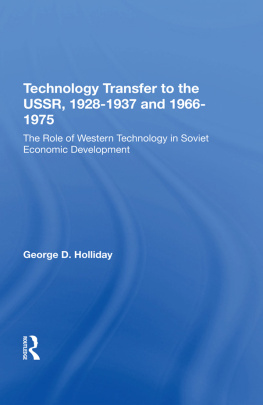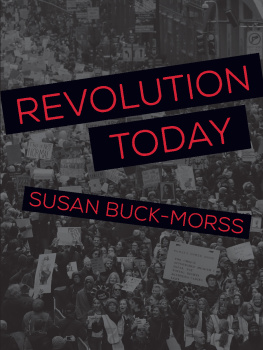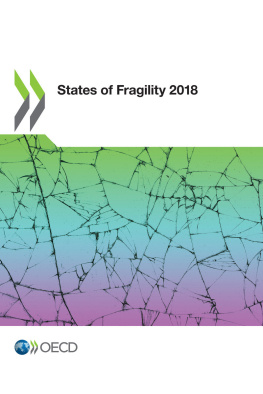Elliott R Morss - The Future Of Western Development Assistance
Here you can read online Elliott R Morss - The Future Of Western Development Assistance full text of the book (entire story) in english for free. Download pdf and epub, get meaning, cover and reviews about this ebook. year: 2019, publisher: Taylor & Francis, genre: Politics. Description of the work, (preface) as well as reviews are available. Best literature library LitArk.com created for fans of good reading and offers a wide selection of genres:
Romance novel
Science fiction
Adventure
Detective
Science
History
Home and family
Prose
Art
Politics
Computer
Non-fiction
Religion
Business
Children
Humor
Choose a favorite category and find really read worthwhile books. Enjoy immersion in the world of imagination, feel the emotions of the characters or learn something new for yourself, make an fascinating discovery.

- Book:The Future Of Western Development Assistance
- Author:
- Publisher:Taylor & Francis
- Genre:
- Year:2019
- Rating:4 / 5
- Favourites:Add to favourites
- Your mark:
- 80
- 1
- 2
- 3
- 4
- 5
The Future Of Western Development Assistance: summary, description and annotation
We offer to read an annotation, description, summary or preface (depends on what the author of the book "The Future Of Western Development Assistance" wrote himself). If you haven't found the necessary information about the book — write in the comments, we will try to find it.
The Future Of Western Development Assistance — read online for free the complete book (whole text) full work
Below is the text of the book, divided by pages. System saving the place of the last page read, allows you to conveniently read the book "The Future Of Western Development Assistance" online for free, without having to search again every time where you left off. Put a bookmark, and you can go to the page where you finished reading at any time.
Font size:
Interval:
Bookmark:

Victoria A. Morss

52 Vanderbilt Avenue, New York, NY 10017
2 Park Square, Milton Park, Abingdon, Oxon OX14 4RN
Product or corporate names may be trademarks or registered trademarks, and are used only for identification and explanation without intent to infringe.
Morss, Elliott R.
The future of Western development assistance.
(Westview special studies in social, political, and
economic development)
Includes index.
1. Economic development. 2. Economic assistance-
Developing countries. I. Morss, Victoria A. II. Title.
III. Series.
HD75.M67 1986 338.9 8615824
- Table
- The primary rationale for western development assistance is to equip developing nations with the willingness and capacity to function effectively in a world dominated by western norms, values, and processes.
- Ultimately, nations will aspire for the freedom to chart their own future. This means efforts to purchase their political and economic allegiance will be resented and fail.
- It is not in the interest of western nations to accede to the demands of developing nations to influence a major redistribution of global resources.
- Economic assistance should not serve to prop up governments unable or unwilling to adopt measures that fundamentally affect their development progress.
- Countries reach a point where their aggregate development is sufficiently advanced to warrant a cessation of foreign aid even though pockets of poverty remain.
Victoria A. Movss
The Changing Circumstances of Developed Nations
Font size:
Interval:
Bookmark:
Similar books «The Future Of Western Development Assistance»
Look at similar books to The Future Of Western Development Assistance. We have selected literature similar in name and meaning in the hope of providing readers with more options to find new, interesting, not yet read works.
Discussion, reviews of the book The Future Of Western Development Assistance and just readers' own opinions. Leave your comments, write what you think about the work, its meaning or the main characters. Specify what exactly you liked and what you didn't like, and why you think so.






